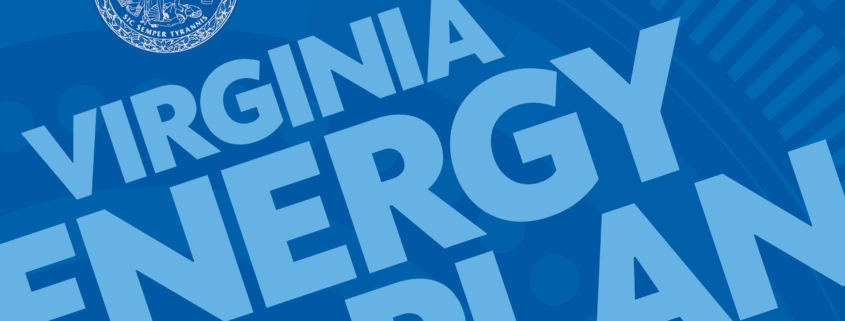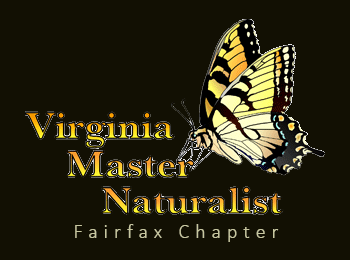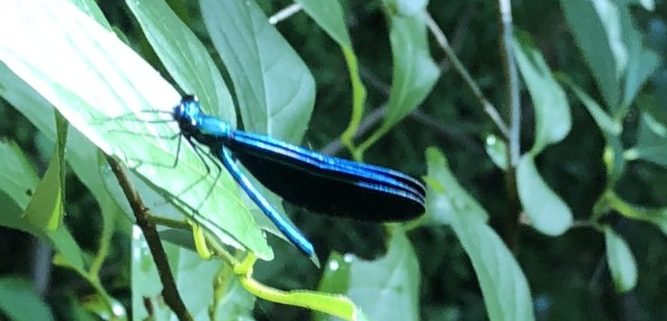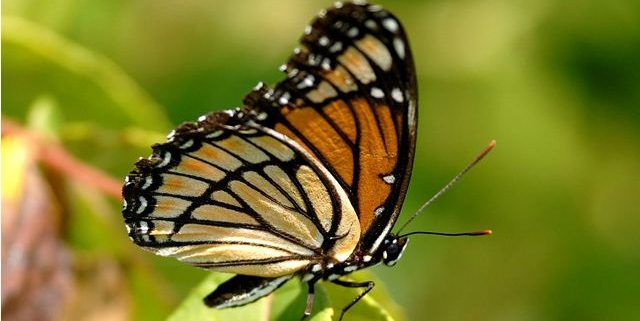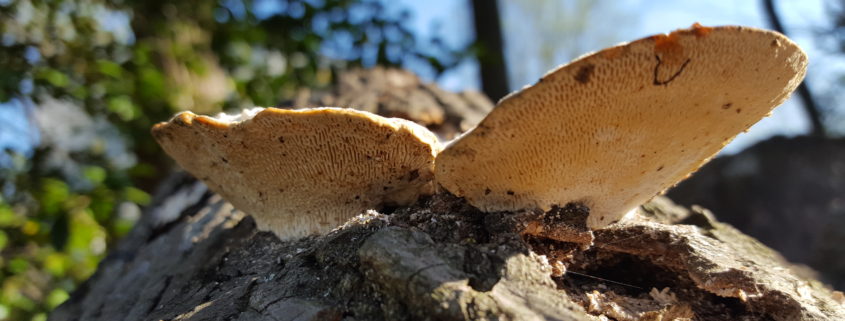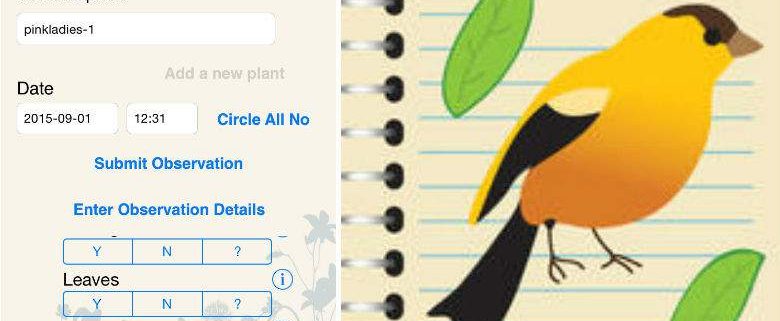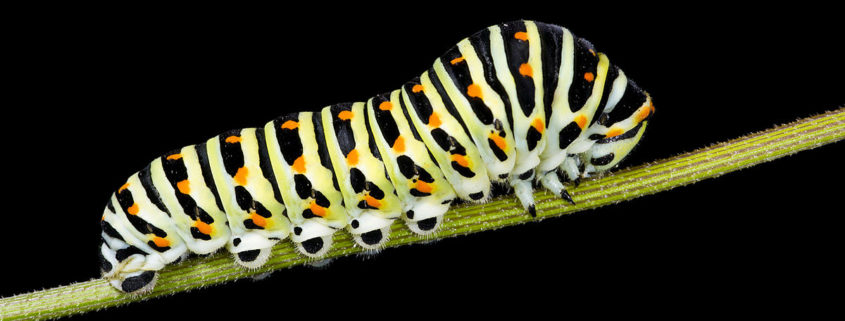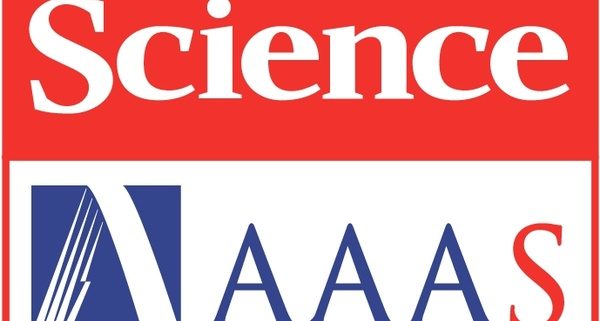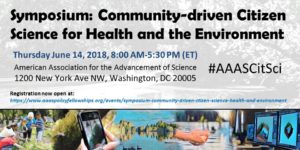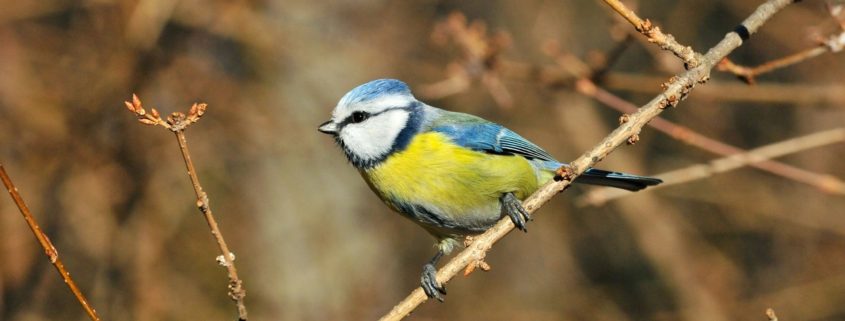Credible climate action plans: How you can help make them a reality
Bill Hafker
Climate change, and the impacts that it can, is, and will likely have on almost every aspect of our lives, and the lives of all other living things, is the most all-encompassing environmental challenge humankind has faced. As Master Naturalists we well know its implications for our natural world–the oceans, plants, animals, forests, water supplies, weather, etc. As informed global citizens, we also know the economic and social implications climate change has for our infrastructure, coastal cities, agricultural output, fires, droughts, and even migrations of people.
As the world struggles to find the way and the will to identify and take the steps needed to try to keep temperature rise from exceeding 2 degrees Celsius, as agreed to in the Paris Climate Agreement, what can we as Master Naturalists do to help to increase the likelihood of success of efforts to address climate change? With our knowledge of the severity of the issue, and the criticality of ensuring that efforts taken to address it are done in a rigorous, and sound scientific and economic manner, and are properly documented and shared with the public, we can help ensure that climate plans, regardless of who prepares them, are credible documents that are likely to achieve what they purport to do.
Whether we are part of helping develop a climate plan for an organization we belong to (e.g., a faith community or homeowners association), submitting comments solicited in the preparation of county or state energy, environmental, or climate plans, or responding to plans offered by others (e.g., companies, municipalities), we can provide input that helps ensure that the plan actually stands a chance of doing what it claims to. Just this past July, the Fairfax County Board of Supervisors adopted the Fairfax County Operational Energy Strategy which is “intended to further the objectives of the Board’s Environmental Vision”. Prior to that adoption, a draft of that Strategy was available for comment. The State of Virginia is in the midst of taking input on the 2018 Virginia Energy Plan (comment period closes 8/24) because “The Plan is intended to provide a strategic vision for the energy policy of the Commonwealth over the next 10 years”.
These are just two very significant opportunities for Master Naturalists to review and evaluate what is being proposed and offer comments in support of what they find good in the draft plans, and suggestions for how they should, or even in some cases must, be improved if they are to actually deliver climate risk reduction.
I recently presented a paper at the Air & Waste Management Association Annual Conference: “A Framework for Credible 2 Degree Celsius Climate Planning”. For those interested in preparing a credible climate plan that will pass muster with those who would challenge its completeness, or who seek a yardstick against which to evaluate strong points and shortcomings of climate plans they wish to review and comment on, this paper offers a checklist of 11 elements that are needed in a credible climate plan. The 11 elements of the planning framework are described, and their relationship to each other is presented in a flow diagram, allowing users to compare plans they are helping to develop, or ones they are assessing, for completeness. The flow diagram also shows how the elements interact with each other, and over time, to deliver results. With 36 years as an environmental engineer with ExxonMobil, I used the petroleum industry as the source of examples of how such planning can be effectively done; however, the framework presented is equally applicable to any climate planning activity.
Bill Hafker is a graduate of the Spring 2017 Fairfax Master Naturalist class.
Want to review a resource? We’d love to hear from you. Instructions for submission await your click and commitment.


